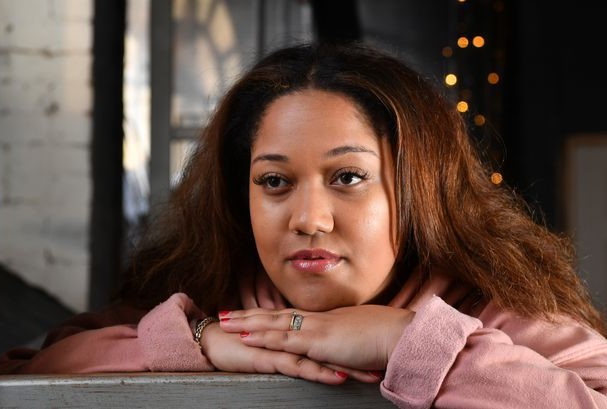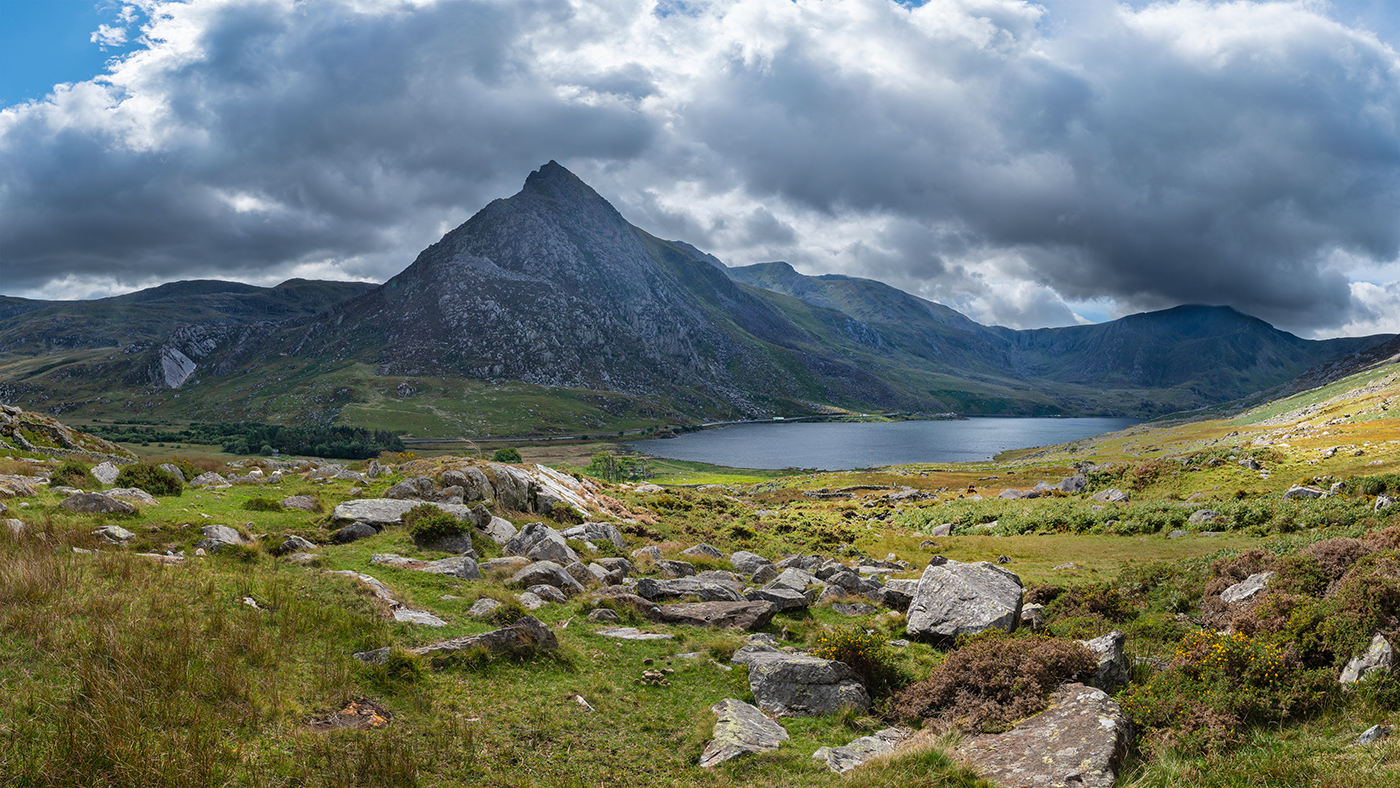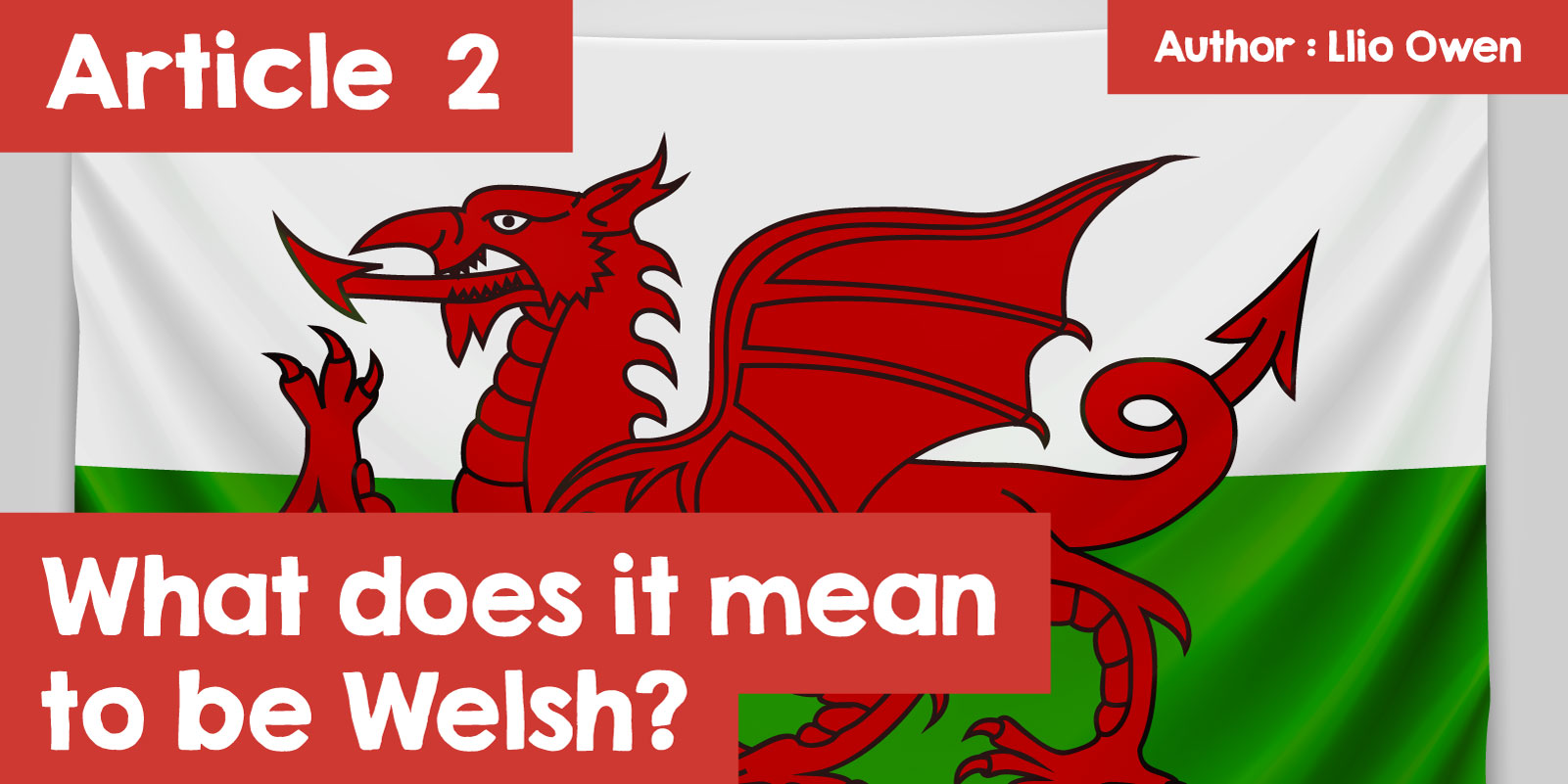What does it mean to be Welsh?
Being Welsh isn’t just about living within the border of Wales. It’s about feeling connected to a culture that’s survived through centuries of challenges and change. The idea of Welsh identity can be hard to define because it means something different to everyone, but it’s often tied to the country’s history, language, and strong sense of community. For some, being Welsh is about speaking Welsh and embracing traditions; for others, it’s about a deep connection to the land, the music, or even the rugby. Understanding what it means to be Welsh is about exploring these different elements while recognising that everyone’s experience is unique.

Jalisa Andrews
The Welsh language, known as Cymraeg, is more than just a way of communicating for many people in Wales—it's a key part of what it means to be Welsh. Over the centuries, there were efforts to stamp it out, like the "Welsh Not" punishment used in schools during the 1800s, where students were discouraged from speaking their language. Despite these challenges, Welsh has survived and is now stronger than ever. According to the 2021 census, over 874,000 people speak Welsh.
However, some people have a pre-concieved idea of what a Welsh speaking person looks like. Port Talbot-born Jalisa Andrews’ first language is Welsh, but she never fails to notice people’s ‘slight shock’ when they hear her speak it. Jalisa’s mixed heritage derives from her great-grandmother who was born in Jamaica but she has been speaking Welsh all her life. Jalisa says “I don’t think it’s necessarily racism, I think it’s more stereotyping. Everyone is used to what they are used to. So, they are used to seeing who they have grown up with in school… who’s in their communities, who’s in their areas.”
Despite this, Jalisa has found a sense of identity with her language. “In social situations where I feel like I don’t fit in and I know that people can speak Welsh, it’s my way to be able to connect with other people and a way to be able to make friends a lot quicker as well. By speaking Welsh, you’ve got common ground with someone straight away.”
Speaking Welsh is a way for people to connect with others, but also with their history and show that their culture is still very much alive. For many, using the language is a point of pride that links them to generations of Welsh people stretching back more than a thousand years.

For Welsh people, a strong sense of belonging is tied to their local communities and landscapes. Wales is a country of valleys, mountains, and coastlines, each with its own unique culture. People often feel connected not just to Wales as a whole, but to their specific town, village, or even street. Whether it’s the mining towns in South Wales or the rural areas of the north, local identity is a huge part of what it means to be Welsh.

Natalie Jones
These local identities add up to a larger national feeling of togetherness, shaped by shared traditions and memories. Natalie Jones moved to Wales when she was 9, and is now fluent in Welsh, a teacher and a columnist with the Welsh magazine Golwg. She says “As you can imagine, being black with a Brummie accent, I stood out in more than one way! However, I quickly came to understand that learning Welsh wasn’t too difficult. Perhaps the fact that I have been immersed in the language has helped, or the fact that Mum has insisted that we speak Welsh to be respectful to our new home, which has made this mindset possible. But, definitely, the language has helped make me feel more like part of the community and Welsh culture. And not just speaking the language, but understanding the struggle and the history that has kept the language going.”
Natalie was born into a Christian Baptist family but was sent by her mother to a Catholic school for a time in Birmingham before later changing again and joining the Jehovah's Witnesses. This was a significant change, as they had to give up celebrating Christmas, birthdays, and holidays like Easter and Halloween, as well as being encouraged to knock on strangers' doors. However, their way of life was always based on kindness and respect towards everyone. Although Natalie no longer follow that religion, she still feels a deep responsibility to do everything she can to help others. Her mother would regularly bring food to the elderly and homeless, and so she still feels guilty if she walks past someone in need.
Family, work, and major Welsh events like the Eisteddfod are what makes Natalie feel more Welsh and proud to be part of the community. Her stepfather's first language is Welsh, as is her husband's and his family's. Her work with S4C gives her the opportunity to speak Welsh almost every day and to contribute to promoting the Welsh language, which she considers a great privilege.
At first, fitting in was challenging and awkward. Natalie was aware that she looked different from everyone else, and because of her family's religion, feeling like part of the wider community was uncomfortable at times. People would sometimes stare at her in the street, and occasionally, she was subjected to insulting remarks. At times, she felt like they belonged to a completely different world. It took a long time for her to discover who she was and find her place in the world, and immersing themselves in Welsh heritage and language has been an important part of that journey.
Today, modern Welsh identity is a mix of old traditions and new ideas. It balances the country’s history with the reality of living in a globalised world. A great example of this is Welsh rapper Sage Todz, who mixes English and Welsh in his music. He’s known for reworking the classic Welsh song "Yma o Hyd," which stands for resilience and pride, into something that speaks to today’s young people.

Sage Todz
Sage Todz represents how Welsh culture is evolving. His music keeps the Welsh language relevant by introducing it to new audiences. He’s part of a broader movement where young people are finding creative ways to express their Welsh identity, whether through art, music, or activism. Now, people who may move to Wales have a new way of expressing their ‘Welshness’, that’s more than what once was.
Being Welsh goes beyond language, location, or age—it’s a rich mix of tradition and modernity, deeply connected to the land and community, shared experience that create a sense of unity. From the ancient hills to contemporary culture, Welsh identity is an ongoing story that each generation continues to write. Whether on the rugby field, in a song, or at a festival, the spirit of Wales is still yma o hyd—still here, still thriving.


